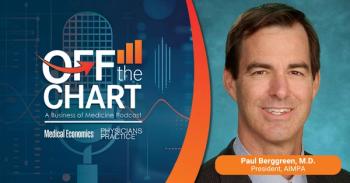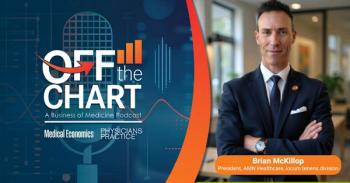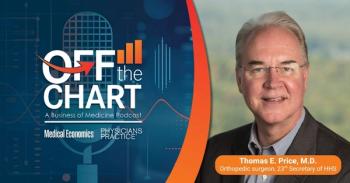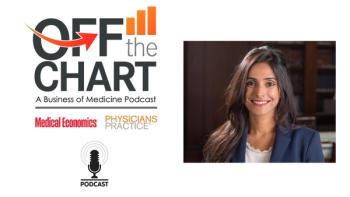
Dealing with the Stress of Jobs in Healthcare
In medicine, when the stress is high, we tend to shut ourselves off from patients, colleagues, and others. Instead, we should just take a break.
Finally. By the time that this is published, I will be well into the middle of a much-needed vacation. Any work in medicine tends to be all consuming as we are dedicated to taking care of patients as they need care. Medicine is not the kind of job that you clock in at 8 a.m. and clock out at 5 p.m.
I have been a Star Trek fan for decades, and one of the things you could always count on Captain Kirk and Captain Picard to do without fail is to raise shields when the Enterprise was threatened.
In medicine, when we experience stress, or overwhelming demand on our physical and mental faculties, we tend to go into self preservation mode and "raise our personal shields" to protect ourselves from our external professional environment. This tends to dehumanize us to a certain extent and make our interactions with patients and our professional colleagues much colder and potentially less than effective.
Stress in medicine is unavoidable. In a surgical and burn practice, it can be at times overwhelming. More often than not, our patients' survival depends on our work 24/7, and there are no off days when there is just me and my physician practice partner. I have developed a substantial physicial and mental stamina for professional practice, but really got close to the limits this past couple of months as we have been inordinately busy in every aspect of our growing practice.
Just like everything in life, we have to make time for ourselves, to recharge physically and mentally. I understand the importance of this, but still feel a tremendous amount of guilt in leaving my physician partner to soldier on without my assistance for the next week and a half. It seems like the treadmill we are all on never ends.
There is one big problem with "shields up," as Captain Kirk knows, and as Commander Spock would have reminded him, and that is shields are a wall that work to block both sides. The starship is protected from threats to a certain extent, but is also unable to respond. That is what happens to us as professionals as we withdraw more and more in an attempt to protect ourselves from the onslaught of our professional environment.
To be effective, safe, and human, we need to take time for ourselves on a regular basis in order to lower our shields, and interact better and with more compassion in our personal and professional worlds.
So, I'm going to cut the umbilical cord to the unit over the next couple of weeks and recharge my batteries so I can come back with my shields down and ready to tackle the never-ending work of the burn unit.
Find out more about Stephen Hanson and our other
This blog was provided in partnership with the
Newsletter
Optimize your practice with the Physicians Practice newsletter, offering management pearls, leadership tips, and business strategies tailored for practice administrators and physicians of any specialty.








